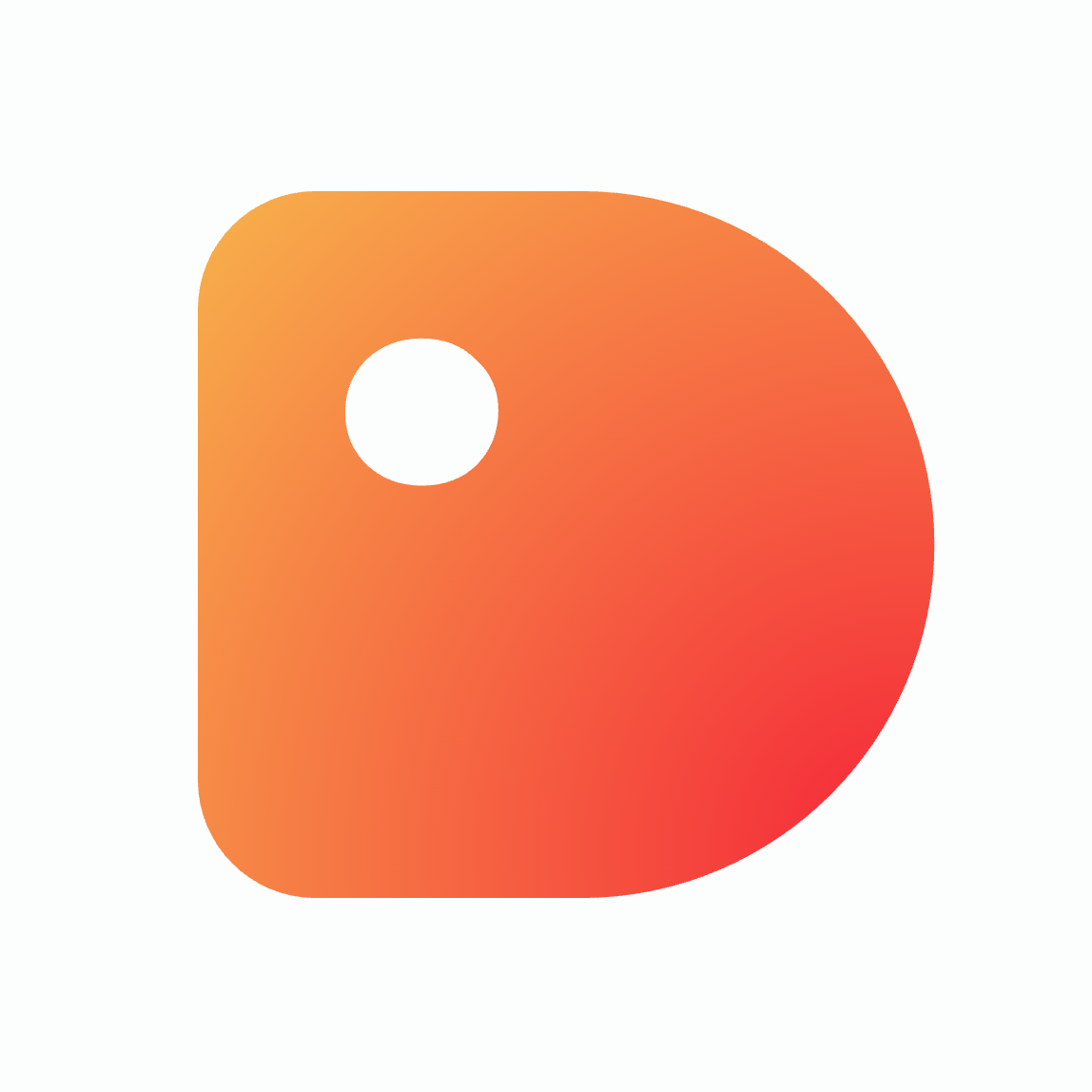Product Introduction
- Dialog is an AI-powered platform that enables companies to conduct large-scale, one-on-one conversations with users to extract qualitative insights and identify patterns through natural language interactions. It uses advanced natural language processing (NLP) to simulate human-like dialogues while systematically analyzing responses for actionable data. The platform is designed to replace traditional surveys and static feedback forms with dynamic, adaptive conversations.
- The core value of Dialog lies in its ability to automate deep, meaningful interactions with users at scale, uncovering nuanced insights that manual methods or quantitative surveys cannot capture. By deploying AI agents, businesses can engage every user individually, ensuring no critical feedback or behavioral signal is overlooked. This transforms unstructured conversations into structured data for strategic decision-making.
Main Features
- Dialog provides customizable AI agents that conduct context-aware conversations tailored to specific research goals, such as pricing sensitivity analysis or product feedback collection. These agents dynamically adjust questioning based on user responses, ensuring relevance and depth in each interaction. For example, the MacBook Pricing Research template probes spending habits and perceived value through follow-up questions.
- The platform offers pre-built, industry-specific dialog templates for common use cases like NPS surveys, customer satisfaction (CSAT) analysis, and employee feedback. Templates such as the Figma NPS Interview or Verizon CSAT Survey include structured scripts optimized to uncover root causes behind scores, reducing setup time while maintaining methodological rigor.
- Dialog’s AI engine automatically distills insights from conversations using sentiment analysis, thematic clustering, and trend detection. It identifies patterns in open-ended responses, such as recurring pain points in Best Buy Online Purchase Feedback, and generates visual reports with prioritized recommendations.
Problems Solved
- Traditional user research methods struggle to collect qualitative data at scale due to time, cost, and human resource limitations. Dialog eliminates this bottleneck by automating in-depth conversations across thousands of users simultaneously, ensuring consistent data collection without manual intervention.
- The product targets enterprises and mid-sized companies needing to gather actionable user insights rapidly, particularly product teams, UX researchers, and customer experience (CX) managers. It also serves HR departments for employee feedback and recruiters for candidate screening, as seen in the Peer Review and Candidate Screening templates.
- Typical scenarios include pricing research for new products (e.g., touchscreen MacBook Pro), post-purchase feedback analysis (Best Buy), and feature validation (Notion Meeting Notes). It also supports internal use cases like peer reviews and employee experience surveys, providing a unified solution for external and internal feedback.
Unique Advantages
- Unlike survey tools like Typeform or Qualtrics, Dialog focuses on conversational depth rather than static questionnaires, using AI to mimic human interviewers. Competitors lack its ability to process open-ended responses in real time and adapt questions contextually, as demonstrated in the PostHog Lead Qualification dialog.
- The platform’s NLP models are fine-tuned to detect subtle emotional cues and implicit feedback, such as hesitations in willingness-to-pay discussions. This allows it to surface latent needs, like unspoken frustrations in Verizon CSAT interactions, which traditional sentiment analysis might miss.
- Dialog’s competitive edge lies in its hybrid approach: combining the scalability of chatbots with the analytical rigor of human-led research. Pre-built integrations with CRM and analytics tools (e.g., Figma, PostHog) enable seamless data export, while proprietary algorithms ensure GDPR-compliant data anonymization.
Frequently Asked Questions (FAQ)
- How does Dialog ensure data privacy during conversations? Dialog anonymizes user data by default, stripping personally identifiable information (PII) before storage, and offers enterprise-grade encryption for data in transit and at rest. Compliance with GDPR and CCPA is enforced through granular access controls and audit trails.
- Can Dialog integrate with existing CRM or analytics platforms? Yes, Dialog supports API-based integrations with tools like Salesforce, HubSpot, and PostHog, allowing automated data syncing. Custom webhooks can also trigger actions in third-party systems based on conversation outcomes.
- What industries benefit most from Dialog? Technology, retail, and SaaS sectors are primary users, leveraging templates for product launches (MacBook) and feature feedback (Notion). HR and recruitment teams also utilize it for employee and candidate insights, as shown in the Peer Review template.
- How accurate is Dialog’s AI in analyzing qualitative responses? The platform uses transformer-based models fine-tuned on industry-specific datasets, achieving 92% accuracy in sentiment classification and thematic tagging. Ambiguous responses are flagged for human review to ensure reliability.
- Is Dialog suitable for small businesses or startups? While optimized for scale, Dialog offers a tiered pricing model with a starter plan for smaller teams. Templates like the Candidate Screening dialog are designed for lean teams needing efficient user or candidate prioritization.
